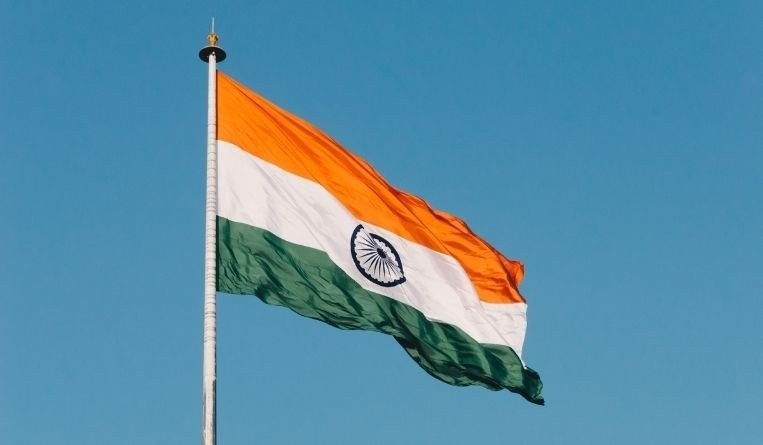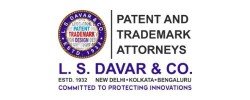Proposed amendments to India's patent rules
17 February 2021

On February 9, the government of India, through its Department for Promotion of Industry and Internal Trade (DPIIT), circulated draft patents (amendment) rules. These propose to amend the patent rules, 2003, with the DPIIT inviting suggestions and objections from stakeholders before March 11, according to a media release from LS Davar & Co.
After this date, the draft rules will come into force through another notification in the official government gazette.
Through the draft rules, 2021, amendments have been proposed primarily to provide “eligible educational institutions”, both Indian and foreign applicants, benefits related to fees and giving them an option to them to expedite the examination process before the Indian patent office. The draft rules also list out the documentary evidence required to be produced for claiming the status of eligible educational institutions according to Sonal Mishra, the author of the media release.
Proposed amendments to the 2003 rules
The circular proposes the following amendments:
i) insertion of rule 2(ca) defining an “eligible educational institution” as an institution established by a central, provincial or state act, which is owned or controlled by the Indian government, and is wholly or substantially financed by the government. “Substantially financed” means that the educational institution is substantially financed by grants or loans from the Consolidated Fund of India or of any Indian state or union territory having a legislative assembly.
ii) Substitution of second proviso to rule 7(1) to state that in order to claim benefits of fees, the education institution must declare by filing Form-28 along with the documentary evidence that it is an eligible institution in accordance with rule 2(ca).
iii) substituting rule 7(3) to state that in case the application processed by an eligible educational institution is fully or partly transferred to a person other than a natural person, start-up, small entity or eligible educational institution, the difference, if any, in the scale of fees between the fees charged from the eligible educational institution and the fees chargeable from the person other than a natural person, start-up, small entity or eligible educational institution, shall be paid by the new applicant along with the request for transfer.
iv) inserting rule 24C(k) to allow an “eligible educational institution” to file a request for expedited examination in Form-18 A along with prescribed fee.
v) substituting table 1 of the first schedule of the principles rules, 2003 by putting eligible educational institution in the same bracket as natural person, small entity or start-up. This will reduce the statutory fee paid by the eligible educational institution for various activities to the Indian patent office by approximately 80%.
vi) amending Form-18A, filed in case the applicant wishes to file a request for expedited examination to include eligible educational institution as an allowable category while mandating them to submit relevant documents as evidence of eligibility.
vii) amending Form-28 to be filed by the Applicant (Indian as well as foreign applications) for claiming the status of eligible educational institution. The Form is amended to also list out the documentary evidences that the eligible educational institution must produce to establish eligibility. The documents which may be produced should establish that the eligible educational institute was established by a Central, Provincial or State Act; and is owned or controlled by the Government, and is wholly or substantially financed by the Government.
A Boost for Educational Institutions
The proposed amendments have the potential to boost patent filing by government-affiliated educational institutions established in India or abroad. The draft rules are a step further after earlier allowing both the Indian and foreign start-ups to claim the benefits of fee concessions and providing them the option to expedite the patent prosecution and examination process.
“We will need to wait until at least March 11, after any objections and suggestions have been received and incorporated by the government, before the rules are officially brought into force” Mishra concluded.







